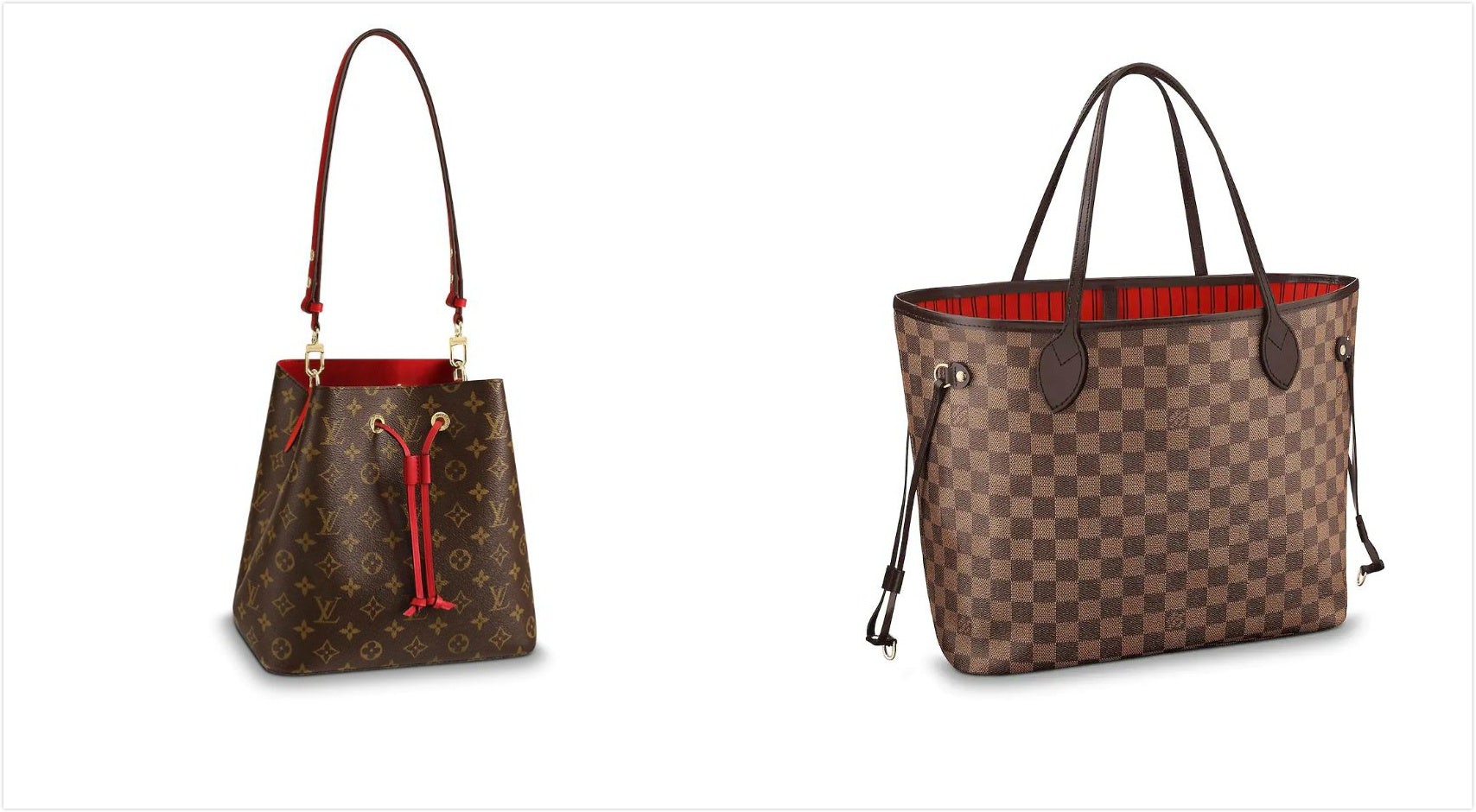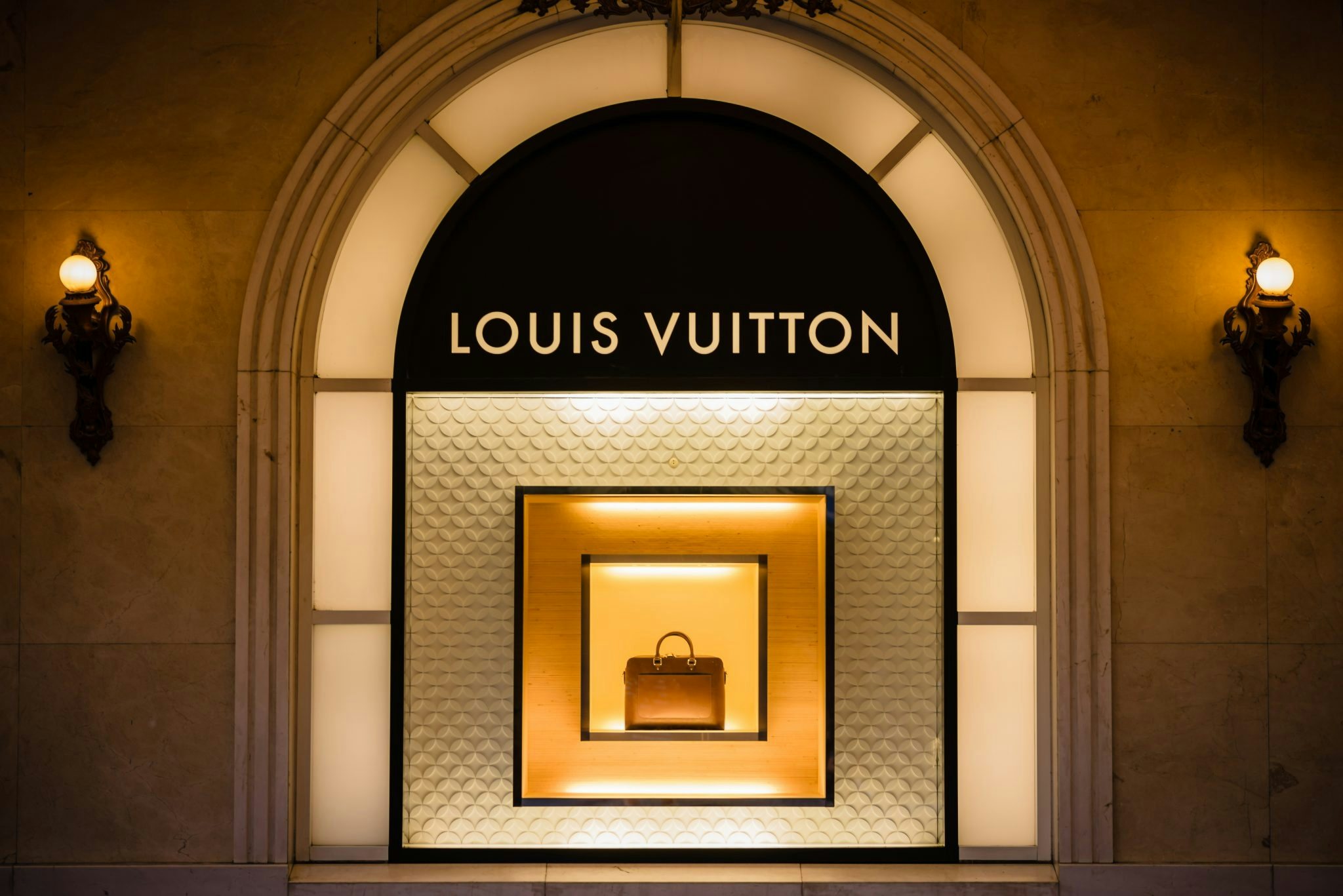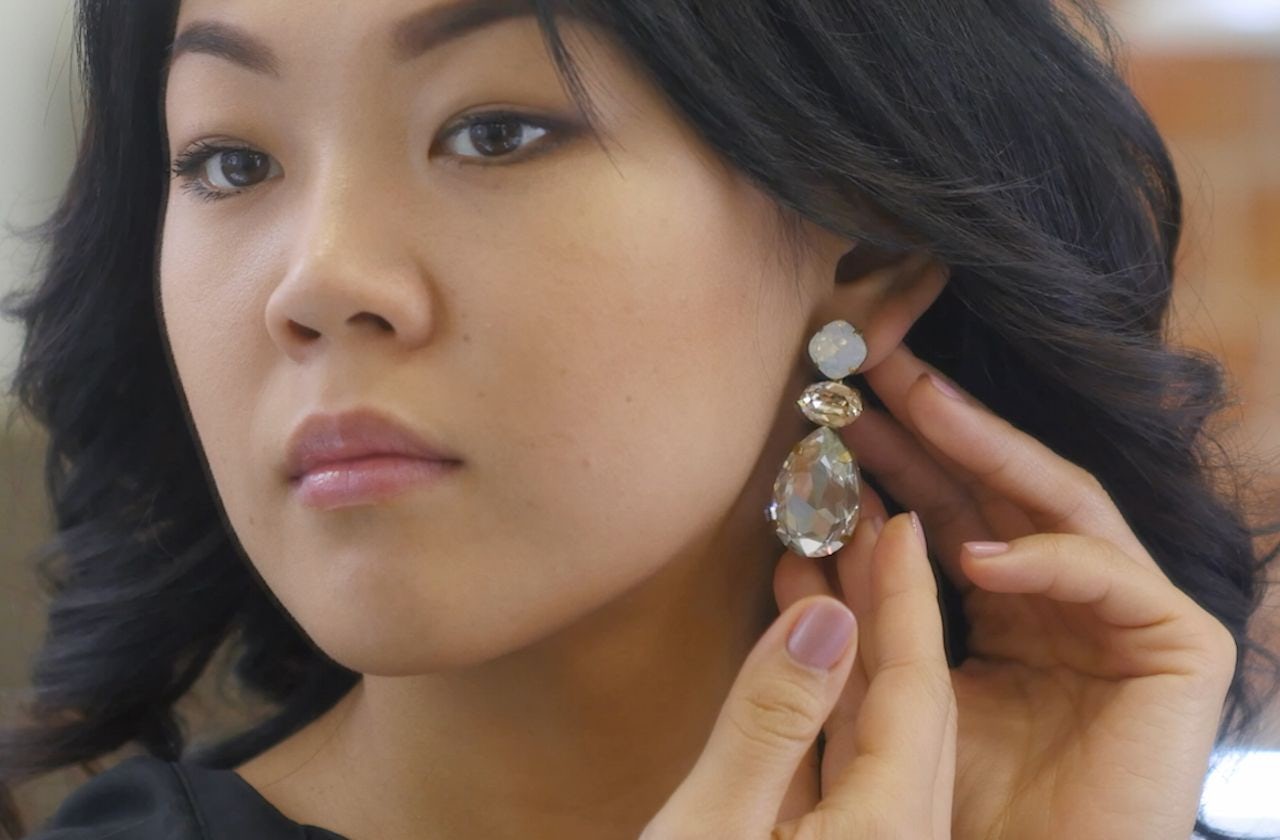French luxury powerhouse Louis Vuitton has lowered its prices in mainland China following the government’s latest policy to reduce import duties on consumer goods, which officially came into effect on July 1, 2018.
In an exclusive brand statement to Jing Daily on July 3, Louis Vuitton said,
“In consideration of the recent cuts on import duties and value-added tax, Louis Vuitton China has decided to mark down prices on a wide range of items to fully support the government’s efforts to reduce the price premium for luxury goods sold in China and overseas. Louis Vuitton China will continue to support the government’s efforts.”
The new prices have already been updated on Louis Vuitton’s Chinese e-commerce site and in its boutique stores, according to a report by China’s financial media outlet Caijing. It is estimated the brand has made prices cuts of between 300 yuan (45) and 1,500 yuan (226) on various products, making the average price reduction rate between three and five percent.

For buyers, this means the price of Louis Vuitton’s signature NÉONOÉ Monogram Canvas dropped to 11,800 yuan (1,779) from 12,300 yuan (1,855), and the brand's NEVERFULL MM bag fell to 9,900 yuan (1,493) from 10,400 yuan (1,568) previously.
In a bid to drive domestic consumption in recent years, the Chinese government has been busy rolling out a series of measures to lower import duties on consumer goods. In 2011, luxury items sold overseas were 68 percent cheaper on average than the same products sold in China. The government's new policy narrowed this difference to just 16 percent in 2017, according to research conducted by China’s Fortune Character Institute.
The Ministry of Finance announced its latest round of cuts on May 31 this year, applying to 1,449 categories spanning across luxury, fashion, beauty and other sectors.
It remains to be seen if other luxury brands will follow Louis Vuitton's lead and reduce their prices accordingly. Since 2015, Chanel, has adopted a price "harmonization" strategy, aiming to narrow the gap between domestic and foreign prices to encourage more mainland China purchases.
The latest government development is also likely to put pressure on China’s daigou - or overseas shopping agents - who traditionally profit from the huge price difference on luxury goods sold in China and overseas.

